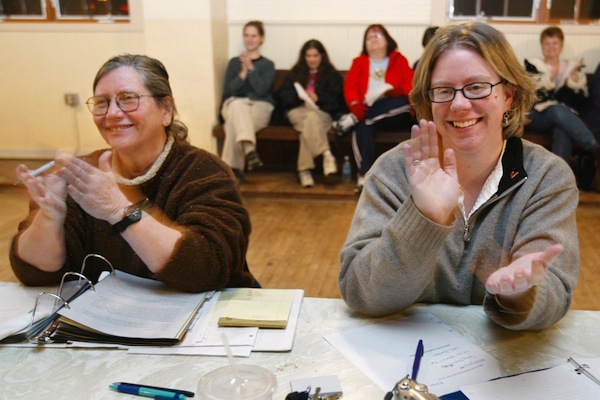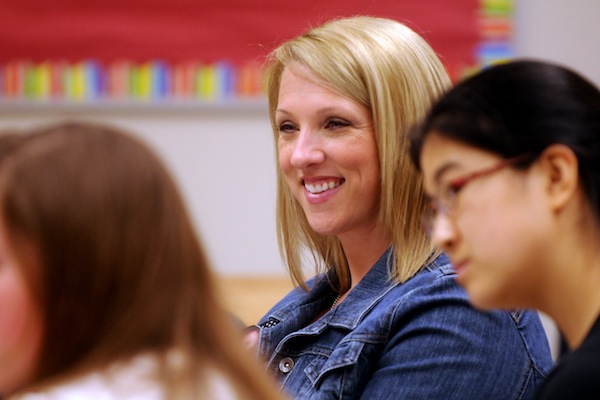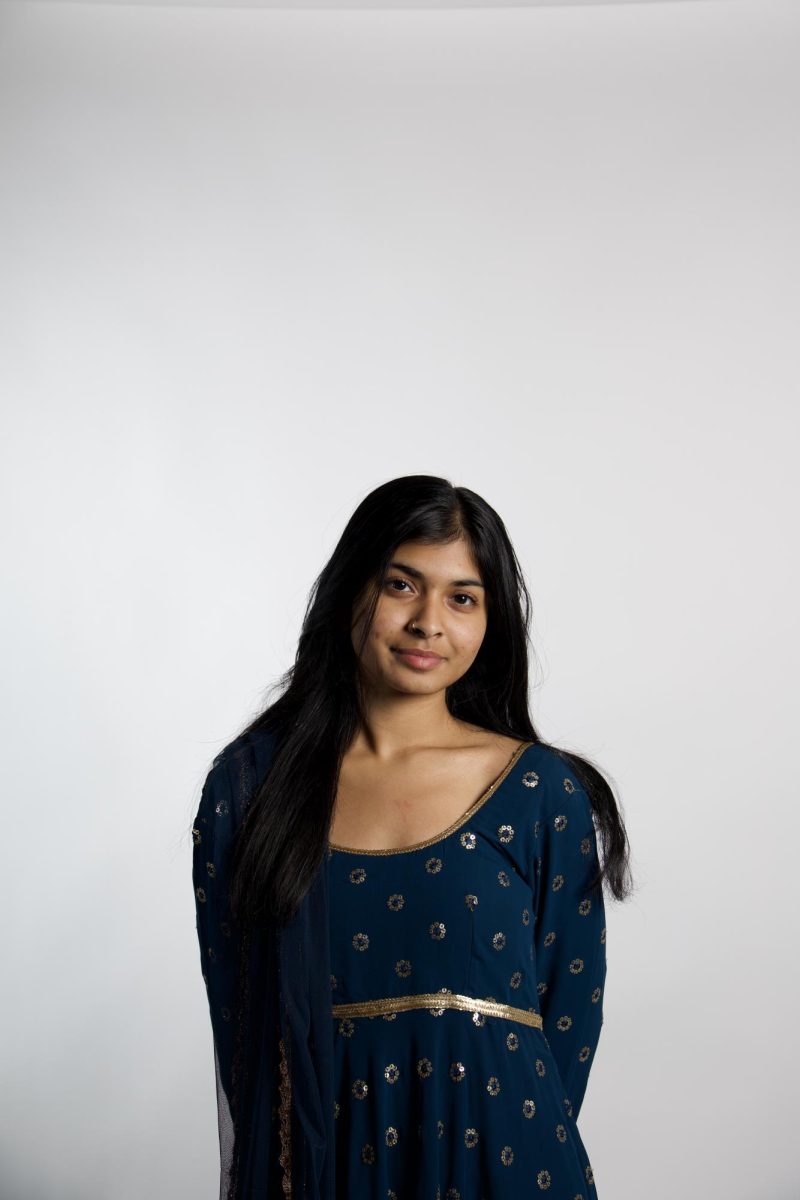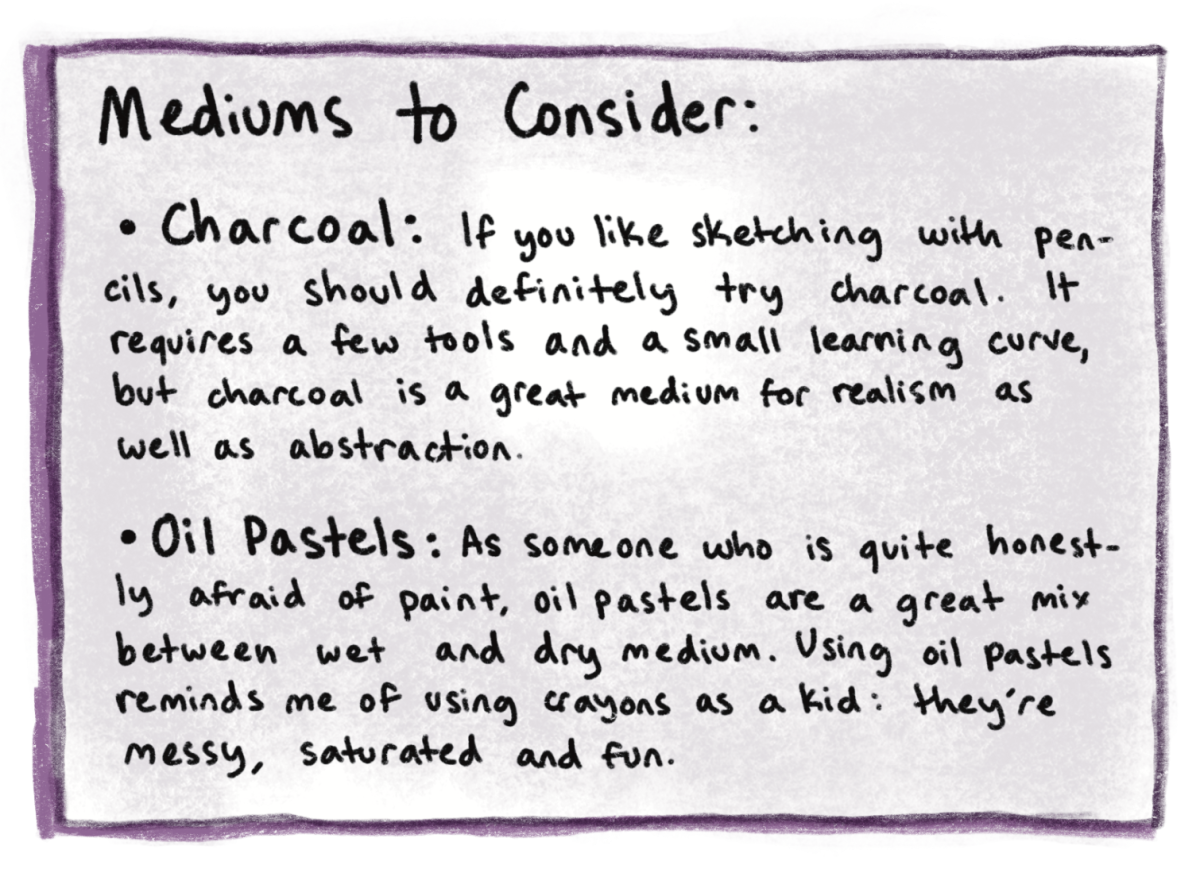Every student has tried to get onto his favorite website while at school and has been upset when Facebook or Twitter is blocked due to “social networking.” While normally the filter is simply an inconvenience, it can also be controversial.
Certain sites regarding gay marrige, such as like www.gaymarriage.procon.org, are blocked under the forbidden category of “Gay and Lesbian Issues.” According to the network administrator, Joe Landgraf, websites are blocked based on broader categories the school chooses from the list suggested by the firewall. Some blocked categories are obvious, such as pornography, while other categories undergo review every year, like social networking.
According to National Public Radio, this issue has been raised in a law suit involving the Camdenton school district’s internet filter. The Parents, Family and Friends of Lesbians and Gays, backed by the American Civil Liberties Union, argued that all sides of an issue ought to be accessible to students, and that the school was negligent in blocking anti-LGBTQ websites.
In a society that is becoming increasingly sensitive about perceptions, education is missing the mark. Sites about both sides of controversial issues should never be blocked, unless inappropriate. What’s the harm in increasing the availability of information? The only consequence of a more informed student body would be the ability for one to create his own opinions about current issues instead of being grouped with a view.
The solution is simple; let the students make up their own mind. Give them the ability to see reputable sites on both sides of all issues and the freedom to make up their own minds. Censorship isn’t the right way to go about any sensitive topic. As a public school, certain controversial sites with inappropriate images or words may be blocked for the benefit of students, but the filter shouldn’t block real world, educational issues. Let the students decide what they want to see and believe because that shouldn’t be a computer program’s job. #










